The 10 Greatest TV Dramas Of The Century
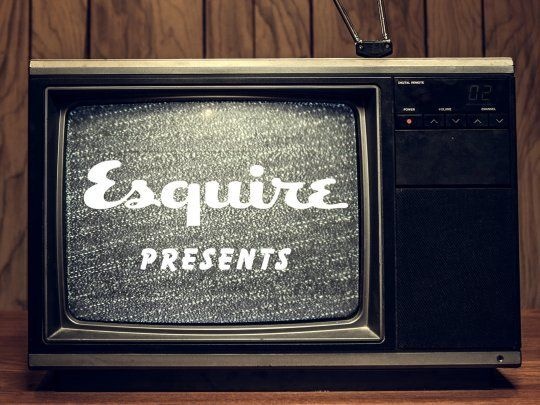
The first thing you need when trying to choose the greatest TV dramas of the past 13 years is firm criteria.
Rule one: we only considered shows that are finished. Kaput. Over. So no Mad Men, no House Of Cards, no Homeland – not yet. You only have to have witnessed the tension and frenzy that greeted the final episode of Breaking Bad (and of course, The Sopranos before it) to see why this is important. If the TV boxset is the ‘great literary novel of its day’ (aside from all those great literary novels, of course), then how could we judge them without their final chapters?
Next: we decided to focus on shows that are human dramas in the conventional sense, rather than genre pieces with (often brilliant) dramatic elements (goodbye Battlestar Galactica and Game Of Thrones). Anything that was comedy, sci-fi or fantasy first and foremost was duly acknowledged, then put to one side.
Finally: this is an international list, which may make the final contents a little surprising. A spoiler: there is not a single British TV drama made this century that made the cut. Not even close. For all Top Boy and Peaky Blinders are promising signs, our fair isle is still a long way from matching the depth, scope and richness of execution – not to mention the sheer length and consistency – that typify those shows at the forefront of America’s TV revolution. What emerges from taking stock of the world’s television dramas since 2000 is a clear if uncomfortable message: Britain must do better.
But back to the top ten. The second thing you need when picking from the greatest TV dramas of this century is a thick skin. It’s remarkable, when you begin arguing about it, how much we’ve taken these stories to our hearts. Where once it was fashionable to pretend not to watch television, now the hours we’ve spent with Tony Soprano, or President Bartlett or Stringer Bell are a point of pride and a fountain of fond memories. TV’s new golden age is all about shows we defend as though they’re old friends
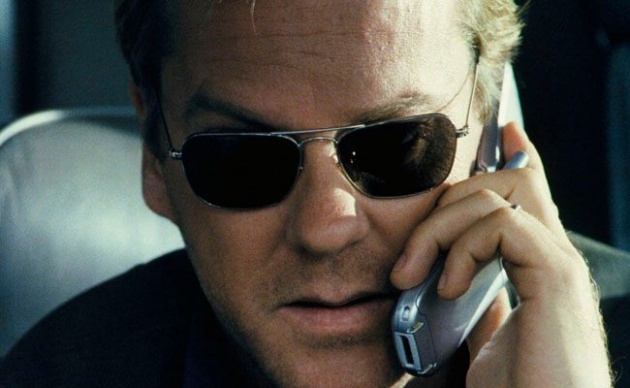
BEST EPISODE: '11:00–12:00' (SE01), '06:00–07:00' (SE05)
HIGHS: Game-changing serial writing, wrapped around an ingenious, addictive concept.
LOWS: Take your pick of Kim Bauer being stalked by a mountain lion, and a nuke going off in downtown LA without any fallout / consequences in sight.
The original box set. To appreciate 24 fully, you have to remember where it came from: an era dominated by the sitcom. Seinfeld had finished a record run. Friends was peaking. But with Fox’s big-budget, high-concept push, television went serial again: high-stakes story arcs, unabashed plot twists, bombs, nukes, assassinations and kidnappings. Sure, it required plenty of suspension of belief – but it was ballsy. 24 had television’s first black president. It started the government torture debate that raged on to Zero Dark Thirty and beyond. But most of all, it gave us the gift of Jack Bauer, a relentlessly likeable and stoic protagonist – without a hint of Hollywood cheese.
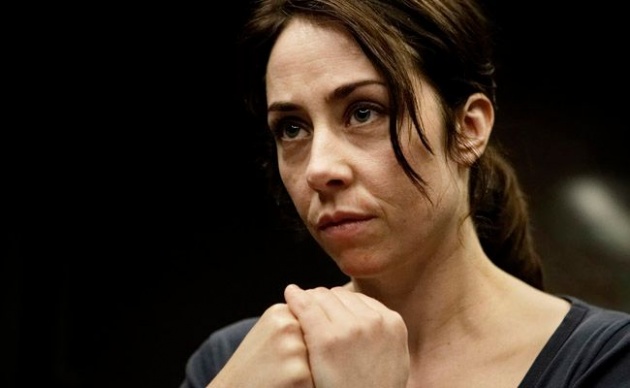
BEST EPISODE: 'Episode 3' (SE01, EP03)
HIGHS: twisty-turny plot, universally amazing performances, the closing montages
LOWS: the US remake.
Lead actress Sofie Gråbøl initially struggled to find the right tone for Copenhagen police detective Sarah Lund, who’s about to move to Sweden with her fiancé before news of missing 19-year-old Nanna Birk Larsen changes everything. Resolving to start ‘acting like a man’ was apparently the key to creating the most iconic TV cop in recent memory: distant, driven, almost autistically disfunctional, she was Harry Callahan in cosy knitwear. The hugely convoluted police procedural-cum-politcal thriller gleefully led us up one blind alley after another to find each of the three season’s killers, setting a longform template TV commissioners have barely even started to rinse (Hello, Broadchurch) as it went.
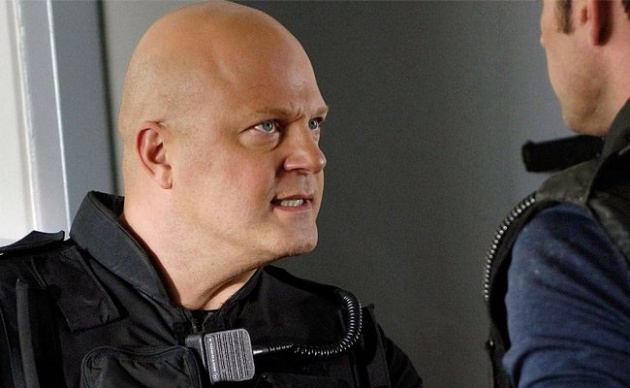
BEST EPISODE: 'Pilot' (SE1 EP2), 'Family Meeting' (SE7 EP 13)
HIGHS: Breakneck pacing, superb support cast
LOWS: Under-developed subplots, storylines that stretched credulity too far
The most corrupt, violent and unlikeable of the post-Tony Soprano TV anti-heroes, Vic Mackey (Michael Chiklis, pictured) was also the most thrilling to watch. The leader of a police task force in a fictional, crime-riddled part of LA, Mackey ‘got the job done’ – capturing killers, rapists and gang leaders – but not without resorting to torture, extortion and theft. The dilemma facing viewers throughout the show’s blistering (if often far-fetched) seven seasons was one that resonated deeply during the time of the Iraq War and Abu Ghraib scandal: how far do ends justify the means when it comes to keeping the world safe?
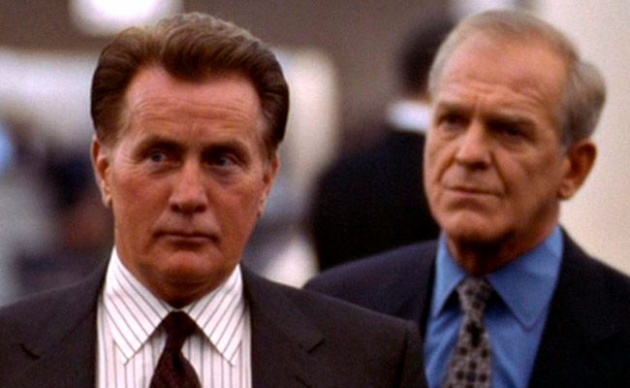
BEST EPISODE: 'Let Bartlet Be Bartlet' (SE1 EP19), 'Two Cathedrals' (SE2 EP22), 'Posse Comitatus' (SE3 EP21)
HIGHS: razor sharp dialogue, smart plot lines, outstanding central cast
LOWS: often felt too ‘insular’, writing dipped mid-era without Sorkin
First of all, consider the scale of this show: seven seasons, 154 hour-long episodes, two terms of one US President (one of the great individual performances in the history of TV, from Martin Sheen). Critics of The West Wing dismissed it as a liberal wet dream (it was), over-written (it could be) and preachy (at times), but for all of that, Aaron Sorkin’s view of what politics should be remains some of the most gripping, sharply-written and challenging TV drama ever made, a show that wore its intellect with pride at a time when TV dumbed down almost everything else it had to offer.
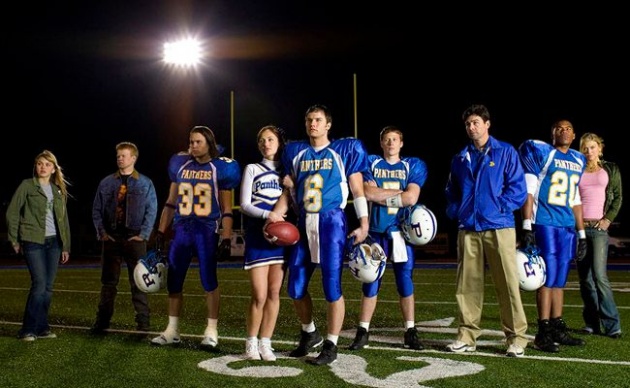 BEST EPISODE: 'Pilot' (SE01, EP01), 'The Son' (SE04, EP05), 'Stay' (SE04, EP06)
BEST EPISODE: 'Pilot' (SE01, EP01), 'The Son' (SE04, EP05), 'Stay' (SE04, EP06)
HIGHS: Masterful small-scale character writing, a gorgeous atmospheric soundtrack, a legendary TV catch phrase
LOWS: A brutally misjudged (and quickly corrected) murder arc in season two
Before you love Friday Night Lights, you hate it. Its premise could hardly seem more kitschy: the comings-and-goings of a high school football team in middle America. Yawn. But then the pilot happens and it quickly becomes evident: this show paints in small strokes. Where you anticipate flimsy teen caricatures, you’re met with subtlety and heart and nuance. Then there’s the ace up FNL’s sleeve, its perfect testosterone-laced counterweight: the football. It’s deathly earnest, sure, but its real power is making you earnest too. Soon, “y’all” and “Texas forever” become second nature, and an unassuming, small-town cast of characters has left you misty-eyed and heavy-hearted.
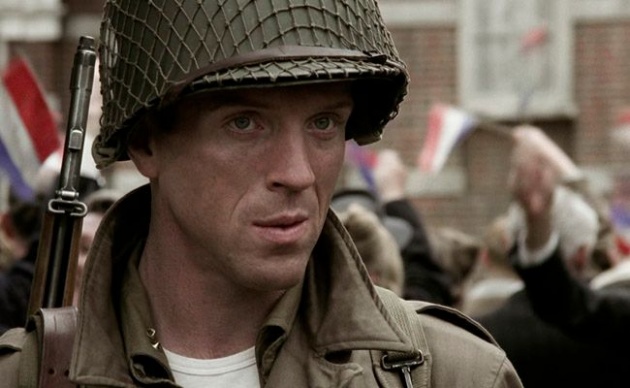
BEST EPISODE: Part six ‘Bastogne’ and part seven ‘The Breaking Point’
HIGHS: authenticity; brilliant cast; understated direction
LOWS: that it wasn't longer; David Schwimmer cameo
How can a mini-series with just 10 episodes make it into our top 5 desert island boxsets? Because Band of Brothers packs more emotion into its short life than any show before or since. And the finite nature of the show almost adds to the intensity.
From the moment Easy Company is literally dropped into Normandy, you have no choice but to take up arms as the extra member of 506th Regiment, 101st Airbourne as they begin an often desperate struggle to make it through the war. You're there to share the fear, dread, loss and futility, but it's the companionship amongst the huge cast of characters, flawlessly played, that gives it such power.
Most poignant of all are the interviews with the surviving soldiers the series depicts. A constant reminder that this is no ordinary drama.
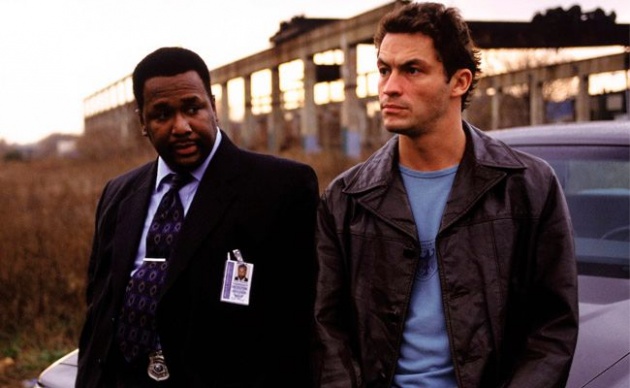
BEST EPISODE: 'Middle Ground' (SE3 EP11), 'Boys Of Summer' (SE4 EP01)
HIGHS: scale, scope, realism
LOWS: got worse – not better – as seasons went on
The Wire managed to do something no TV show has before or since, which was to make a city its main character and explore it from a vast array of perspectives: drug dealers, policemen, corrupt politicians, a struggling media. And yet somehow, within all the subtle political and social activism were real, believable characters. No one was ever a prop in The Wire. At its best, it depicted the wider forces and power games that make a city tick alongside the intimate personal struggle of those trying to survive within it in a stunning, almost miraculous feat of storytelling.
And yet, for all it was rightly hailed a masterpiece – and would comfortably top this list for a great many critics – after five years of cooling off: who really feels like re-watching The Wire? The flaws are now more obvious. McNulty’s farcical ‘fake a serial-killer’ storyline in season 5. The almost academic devotion to scope, meaning each season felt strangely disconnected from the last. Most of all the strange lack of humour, as though real life, however grueling, doesn’t always find a way to raise a smile. Intellectually, The Wire is hands down the greatest TV show of all time. Drama, of course, is about a little more than that.

BEST EPISODE: 'I'll Take You' (SE02 EP12)
STRENGTHS: superb writing
WEAKNESSES: when Hollywood became part of the narrative; various supporting character missteps, mostly involving Ruth’s love interests
No other television show has ever confronted death so directly as Six Feet Under, which may explain why it’s the highly regarded boxset that no one wants to reach for. The boxset itself doesn't help matters, what with it being designed to look like a coffin. But do not be put off by the corpses in the basement of Fisher & Sons funeral home, where Six Feet Under’s primary action takes place. Because while Alan Ball’s HBO drama is about death, it is really about what happens when death is ever present.
What happens is a family drama unlike any other seen on the box. The Fisher family – sons Nate and David, mother Ruth and daughter Claire – has death visited upon them every day and must just live. How they do it is messy, complex, funny and fucked up. For Six Feet Under is as amusing as it is profound. As the five seasons wind their way around our hearts, each episode becomes like a balm. For all its death, Six Feet Under is really concerned with how to deal with living. At its end – and remember, everything ends – is arguably the most complete and powerful on this list, leaving you as bereft as anyone who ever entered the Fisher household.
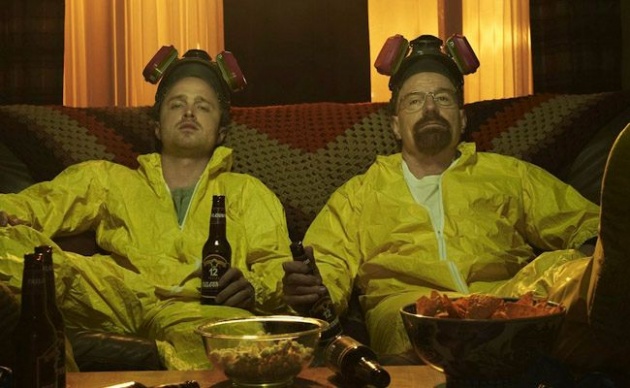
BEST EPISODE: Ozymandias (Season 5, Episode 14)
HIGHS: cinematic direction, unpredictability, central performances, resolution
LOWS: very rarely it can feel that some details fall too conveniently into place; Jesse’s unconvincing storyline in final season
Let’s start with the premise. On paper, a show that takes a cancer-stricken middle-aged loser turned drug dealer as a lead should never have been green-lit. Which makes the sheer brilliance of its execution even sweeter.
From the pilot episode the stage is set. The clock is ticking, the fate of its small cast as good as decided. No other drama comes close in the clarity of its storyline: the transformation of one man from, as creator Vince Gilligan puts it, Mr Chips to Scarface.
Perhaps its greatest trick is to combine plot-driven tightness and cliffhanger excitement, where no baggy scenes or indulgent asides are tolerated, with an excellence of writing, direction and performance to rival the best of cinema.
Of all the shows on this list, it’s fair to argue that it more than other gets stronger, bigger, better and more confident with every season, as Walter White’s descent (or ascent) escalates.
Once you’re in – and it doesn’t take long – you stop second-guessing and analyzing and questioning in that way you do with other shows and learn to trust. Trust that these people are masters of their craft and that this show will outlive all of us.
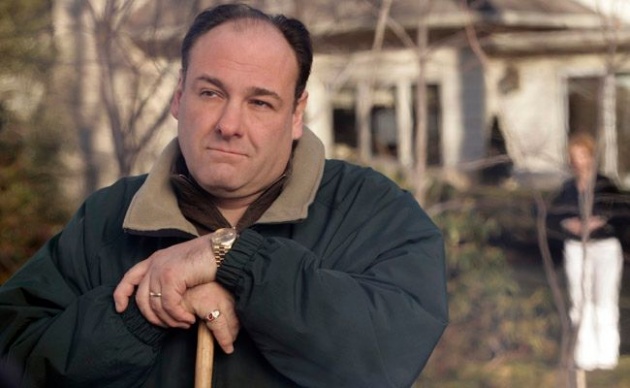
BEST EPISODE: Pine Barrens (Season 3, Episode 11)
HIGHS: Gandolfini's tour de force performance;
LOWS: occasionally self-indulgent dream sequences; casting of Bobby Bacala
The Sopranos is anything and everything you want it to be. The sheer breadth of its range is impossible to match. You can revel in its big-hitting themes of power, identity, loyalty (and pretty much everything else) across seven seasons or just watch a single episode for a standalone hit of sweaty-palmed action, gangster speak and some of the funniest writing on TV.
Built on the darkest of ideas: that the world has fallen so low even a mafia boss finds it too much to bear, it’s ultimately about one man. The opening credits say it all, this is Tony’s story seen though his eyes. A man as simple as he is complicated, losing his grip on a world he no longer understands.
Without James Gandolfini’s performance as Tony, where the way in which he narrows his eyes, or leans at the kitchen counter, or even breathes a little heavier can be as dramatic and foreboding as a loaded gun, it would still be unmissable. The depth of its characters across the board, the brutal way it strips their frailties bear and the sheer scale of its ambition have paved the way for the golden era we're currently enjoying.
But it’s Gandolfini who pulls you into this world and keeps you there. Some shows you enjoy but know you'll never watch again. With The Sopranos, you sometimes wonder if it's ever worth watching anything else.



